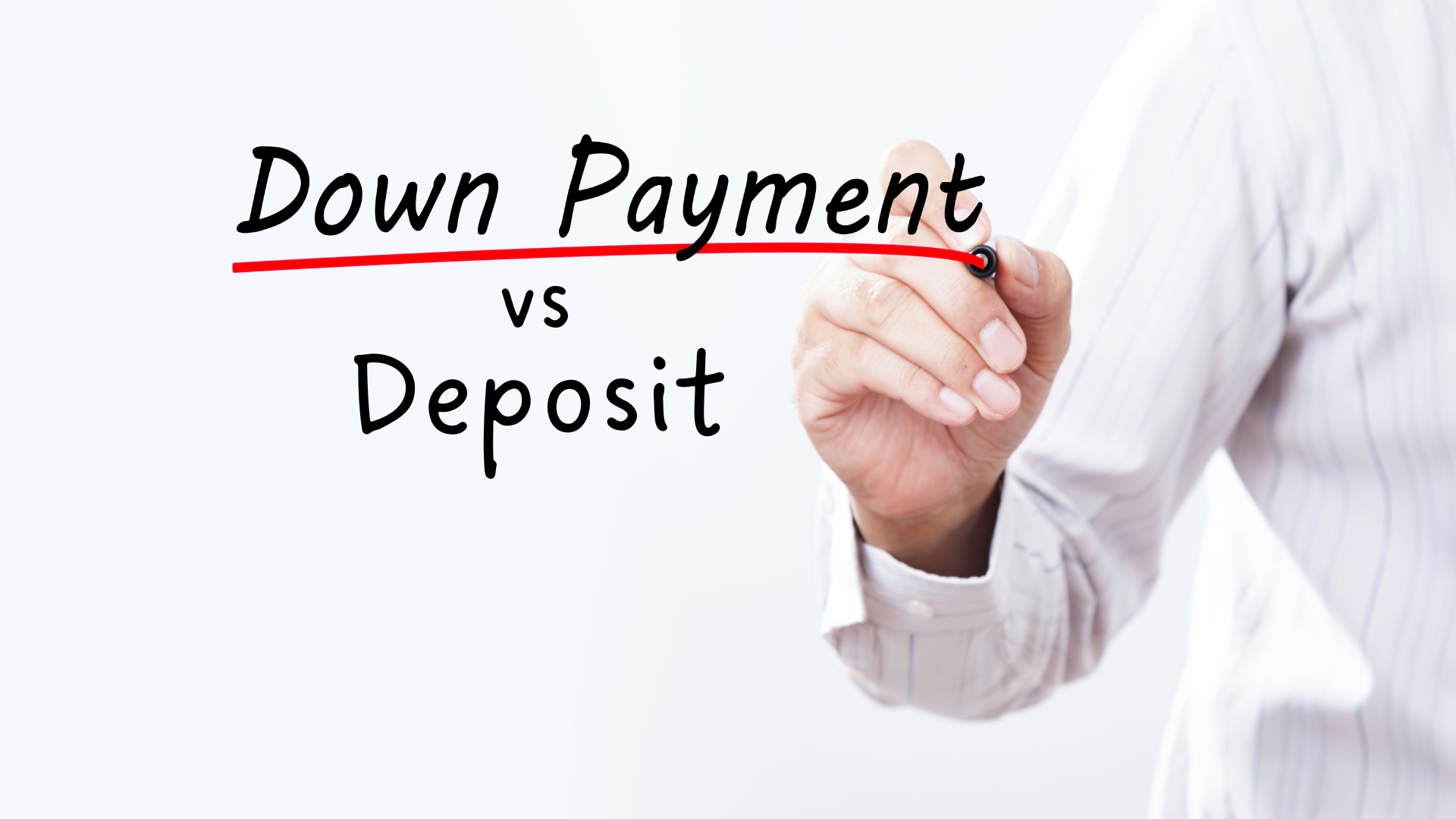When you're buying a home—especially for the first time—the terminology can be confusing. Two of the most commonly misunderstood terms in Canadian real estate are "deposit" and "down payment." While they’re both related to the money you put toward purchasing a home, they serve very different purposes. Let’s break down what each term means, how they’re used, and what you need to know as a homebuyer in today’s market.
💰 What Is a Deposit?
The deposit is the money you put forward with your offer to purchase a home. In most Canadian markets, it’s customary to include a deposit as a sign of good faith. This shows the seller that you’re serious and committed to the purchase.
Amount: Typically 1–5% of the purchase price, but it can vary depending on local market conditions and negotiations.
When it's paid: Usually within 48 hours (or as specified in the contract) of your offer being accepted.
Where it goes: The deposit is held in trust (usually by the buyer’s real estate brokerage).
What happens to it: The deposit becomes part of your down payment if the sale goes through. If the deal falls apart due to conditions (like financing or inspection), you may get it back—depending on the terms of your agreement.
Example: You make an offer on a $600,000 home and include a $20,000 deposit. If your offer is accepted, that deposit counts toward your total purchase funds.
🏦 What Is a Down Payment?
The down payment is the total amount of money you are putting toward the purchase price of the home, and it's separate from the mortgage. In Canada, the minimum down payment depends on the price of the property:
5% for homes priced up to $500,000
5% on the under $500,000 portion, and 10% on the portion between $500,000 and $1.5 million
20% for homes priced at $1.5 million or more
20% is considered normal for investment properties
The down payment is due on closing day and directly affects the amount of mortgage you’ll need from your lender.
Continuing our example: If your down payment is $60,000 on that $600,000 home, and you’ve already paid a $20,000 deposit, you’ll need to provide the remaining $40,000 on closing.
🧾 Key Differences at a Glance
💡 Why This Matters for Canadian Homebuyers
Understanding the difference between a deposit and a down payment helps you prepare financially and avoid last-minute surprises. Here are a few quick tips:
Have your deposit ready when you start house hunting. It needs to be accessible (not locked in investments or RRSPs with withdrawal restrictions).
Budget for the full down payment, minus your deposit amount.
Work with a REALTOR® and mortgage professional to ensure all your paperwork and finances are in order, especially if you’re buying with conditions like financing or inspection.
Avoid large loans before a home purchase as this will affect your debt service ratio
Avoid moving large sums of money between accounts as the bank needs to be able to track funds for at least 90 days
👋 Let’s Talk!
Whether you're a first-time buyer or an experienced homeowner, we're here to help you every step of the way. At David Lowes Personal Real Estate Corporation, we provide clear, honest guidance to help you make confident decisions in the Cowichan Valley and beyond.
Have questions about deposits, down payments, or the homebuying process in general? Reach out anytime—I’d be happy to walk you through it.



